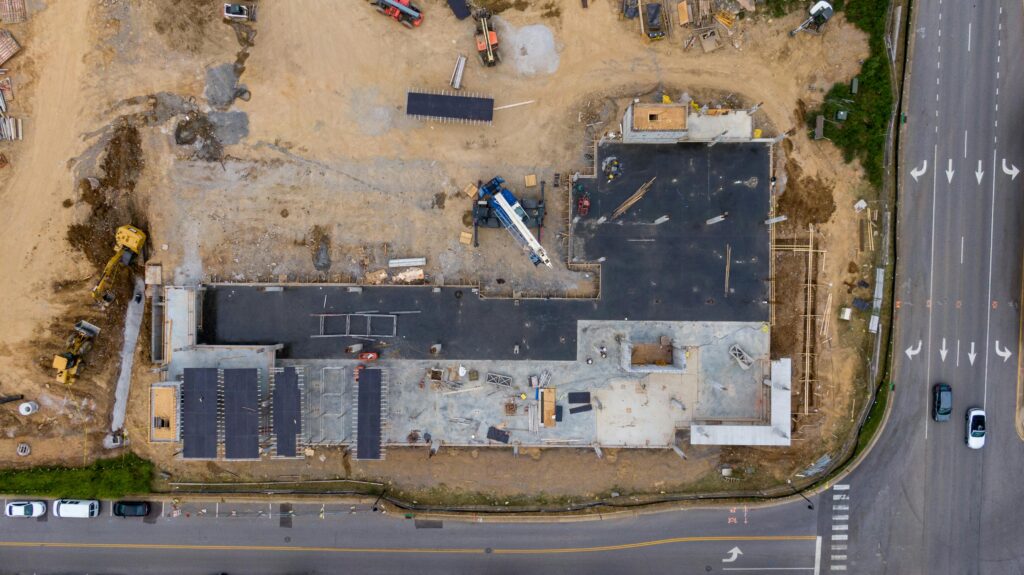Why Hire an Urban Planning Consultant for Your Development Project
Introduction: Navigating the maze of land use regulations, zoning bylaws, and approval processes can be daunting. This is where an Urban Planning Consultant (also known as a planning consultant or planning professional) becomes an invaluable ally. Whether you’re a developer planning a complex project or a homeowner looking to build an addition, a planning consultant’s […]
Why Hire an Urban Planning Consultant for Your Development Project Read More »










